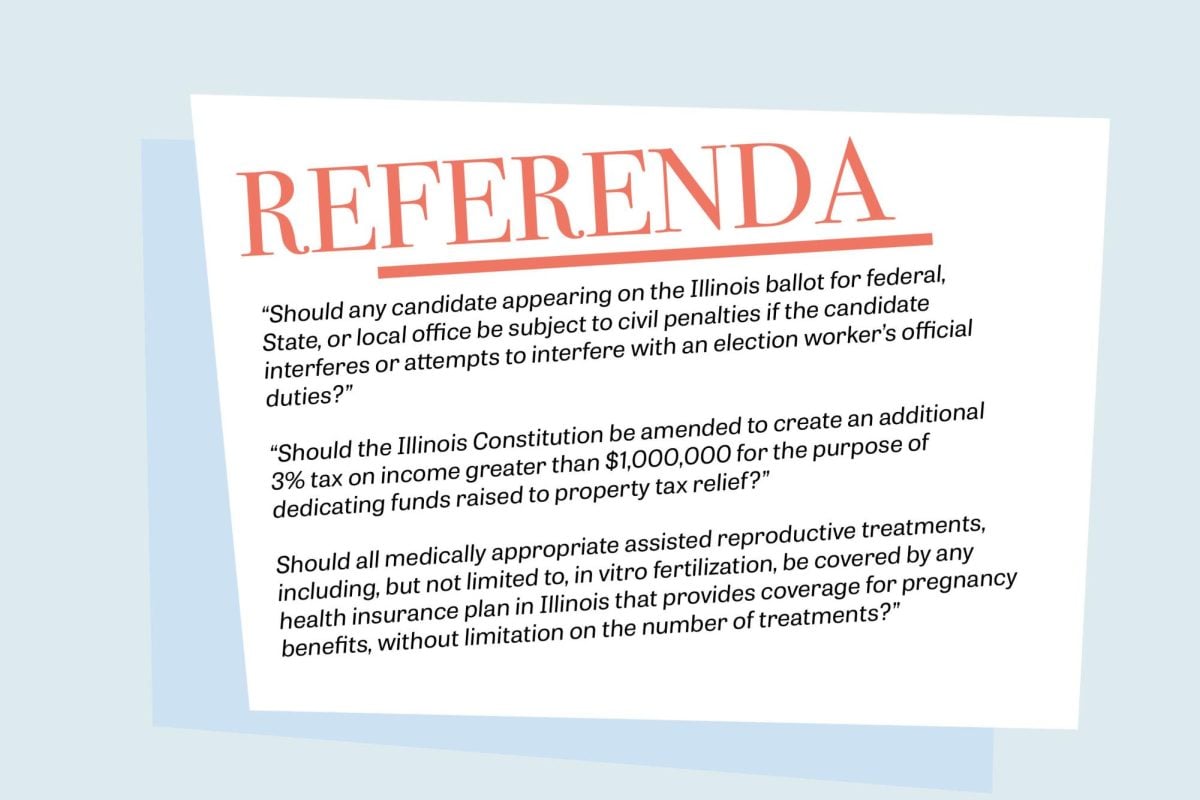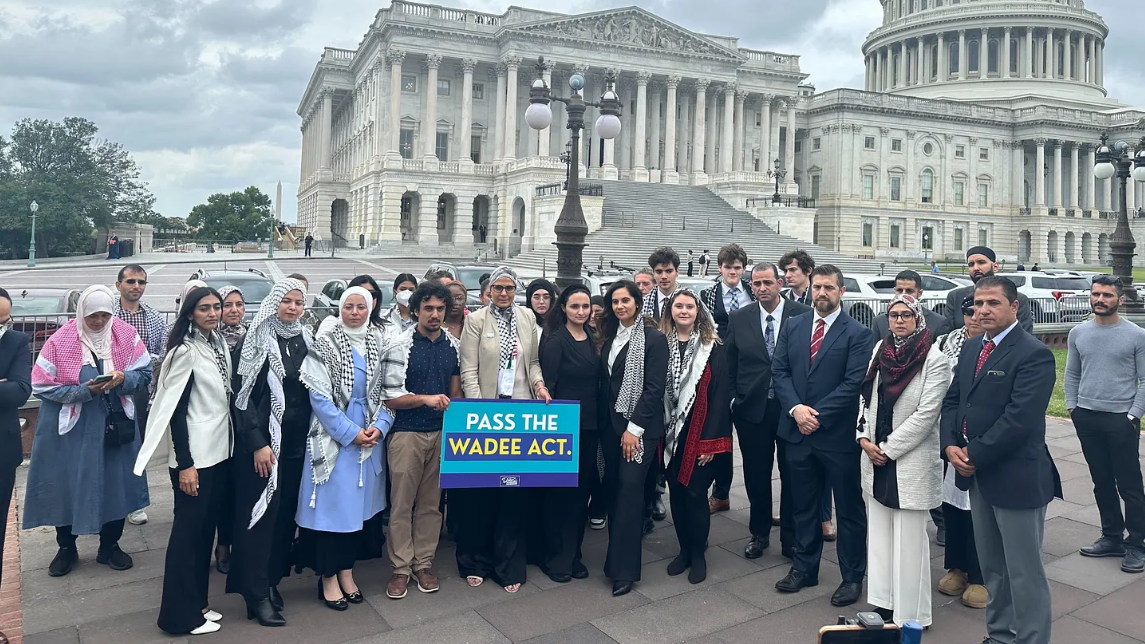Medill Watchdog, an investigative journalism initiative comprised of Northwestern faculty and student interns, published its first report on Friday, examining the ethics of allowing Illinois politicians to moonlight as lobbyists.
The article ran as a two-part installment in The New York Times’ Chicago edition and exposed the conflict of interest that occurs when public officials support legislation that benefits private clients.
Medill faculty members Rick Tulsky and John Sullivan, along with a group of NU interns, began researching the issue last spring. The team analyzed thousands of pages of public records and documents and found 14 instances in which Cook County officials were also registered as lobbyists for private-interest groups over the past three years.
Tulsky said the team’s research highlights the corrupt nature of Illinois politics, which allows unethical practices that are not tolerated in other states. At this point, this kind of behavior is “taken for granted” in Illinois, he said.
“What is interesting to me is that what we’re looking at isn’t necessarily illegal,” said Tulsky, director of Medill Watchdog. “What we’re looking at is a system that tolerates ethical kinds of problems.”
The research team spent a great deal of time cross-referencing politicians’ economic interest statements with documents pulled from a number of databases, as well as extensive public records that had to be requested. Medill senior Fenit Nirappil, who began working for Medill Watchdog last summer, said the laborious research involved with this type of journalism can be “unbelievably frustrating” and requires great patience and diligence.
Medill faculty began discussing the possibility of an investigative journalism program toward the end of 2010 and launched Medill Watchdog during Spring Quarter 2011, Tulsky said. Students apply on a quarterly basis to be a part of the investigative team as part of a paid internship.
Sullivan said the initiative presents young journalists with rare exposure to a high level of investigative journalism, which is usually reserved for the most experienced reporters.
“It’s really cool that so much of this work was done by interns,” said Alexandra Arkin, who graduated from Medill’s Accelerated Master’s Program in December and is returning this quarter to work full-time for Medill Watchdog. “We are just students, so to speak, but at the same time we’re really providing a service.”
Medill Watchdog is also important in continuing the tradition of in-depth reporting, which is on the decline among struggling publications looking to trim their budgets, Sullivan said.
“This is the kind of reporting that takes out great time and resources,” said Sullivan, who worked for almost a decade as an investigative reporter for the Philadelphia Inquirer.
Arkin said she found working with Tulsky, a Pulitzer Prize winner, and Sullivan, a Pulitzer Prize finalist and winner of a number of national awards, to be rewarding and inspiring to a young journalist.
Many of the Medill Watchdog members, including December graduate Randy Leonard, said its reporting is beneficial to the journalism industry as a whole, especially in an age of “instant gratification” online journalism.
“Hardworking journalism is still alive today and is still useful,” said Leonard, who worked for Medill Watchdog during its initial phases of research in Spring 2011. “Content needs to speak for itself. People are going to be willing to pay for information and content, and it’s extremely meaningful. It takes really hard work to get that information.”












